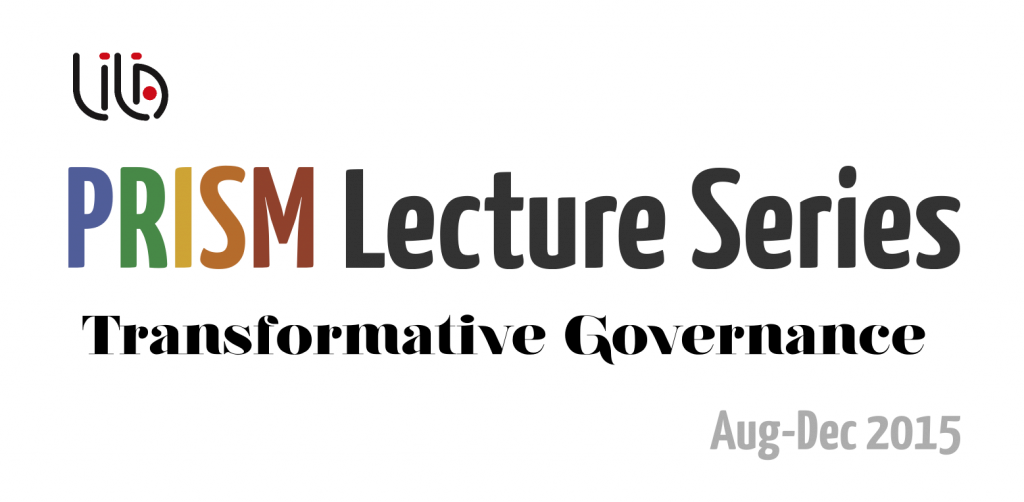
| LILA’s quest is to understand how the act of living can be made organic and transformative — it is a continuing enterprise to find ways of actualising the experience of constant renewal, and share them, thereby enabling individuals and communities to profoundly appreciate life’s transformative value. Since its inception, LILA has been organising the interdisciplinary series of lectures, LILA PRISM, during Aug-Dec every year. PRISM, for us, holds together five constituent elements of transformation: Performativity, Relevance, Innovation, Sustainability and Multiplicity.In the first year (2013), eminent experts from 15 different disciplines discussed the question of ‘development’ in their respective areas. Most of them concluded that there are issues of discontinuity, fragmentation, exclusion and marginalisation in their fields while they attempt to adopt and implement the neo-liberal development strategies. In the second year (2014), hence, we asked ourselves if there was a way to understand ‘development’ differently in the Indian context — a way of understanding how certain fields have survived the test of time, and what challenges they are facing now. PRISM 2014 on Cultures as Continuum hence looked for paradigms of continuity in fields ranging from Bronze to Food, Cotton to Puppetry, Tribal Societies to Cartoon Art. | Simultaneously, we have been trying to evolve our governance model of LILA Terra-Sutra, and the concept of Organic Governance that relies on the inherent strengths of locales to arrive at an organic path of governance. An outline of LILA Terra-Sutra is available in our Vision Manifesto here. The major question that we face is this: How can we go deeper than our current take off points in the discourses of development and governance? If urbs implies ‘settlement’, and the urban has stemmed from the human urge to move away from the jungle’s unsettlement, ‘urban spaces’ becomes a misnomer for our present day cities. The concern here is, how to bring settlement, of mind, body and spirit, to human beings vis-a-vis time and space, and what is the governance that would lead us to fulfill our quest for true urbanity?’ LILA PRISM 2015 on ‘Transformative Governance’, attempts to explore these issues. It may not be viable to overturn the prevalent patterns of development, and bring in a completely new order of governance. Yet, we can certainly transform, slowly and steadily, if we think and act together. We are at another historical juncture where we need to evolve a methodology of creative nonviolence. How do we do that? |
Entry is free !
Speakers
August
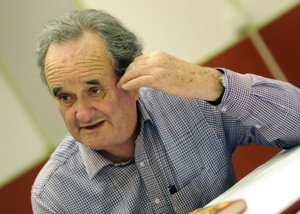 |
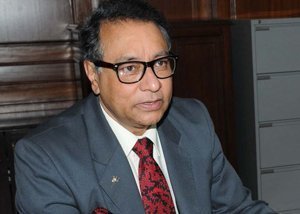 |
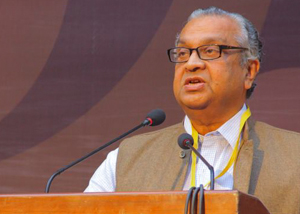 |
||
Media and Transformative Governance in the Indian Context |
Mass Communication and Transformative Governance |
India’s Crisis is Faecal:
|
||
Mark TullyChair: Saeed Naqvi Thu. 6 August | More details |
Jawhar SircarChair: Subhash Chandra Agrawal Thu. 13 August | More details |
Raj LiberhanChair: Yatish Rajawat Tue. 18 August | More details |
September
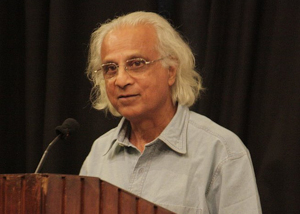 |
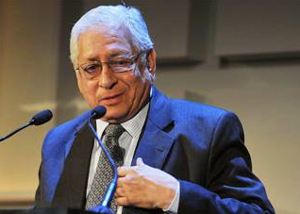 |
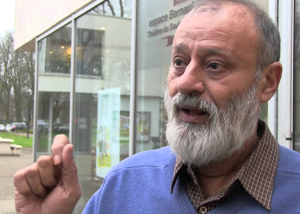 |
||
Slum Communities and Transformative Governance |
Pre-Requisites of Good Governance |
Scientific Temper and Transformative Governance |
||
Dunu RoyChair: Partha Mukhopadhyay Thu. 3 September | More details |
Soli SorabjeeChair: Ajit Prakash Shah Thu. 10 September | More details |
Gauhar RazaChair: Aditya Mukherjee Fri. 25 September | More details |
October
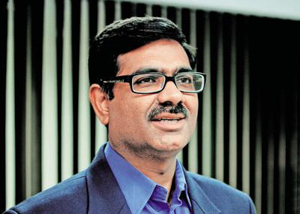 |
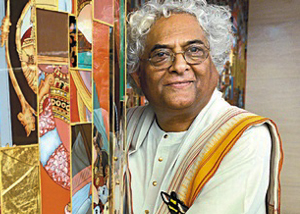 |
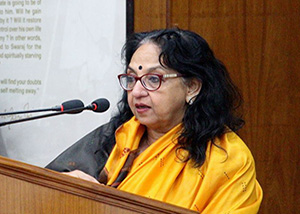 |
||
International Economic Relations and Internal Governance |
Sense of Design and Transformative Governance |
Education and Transformative Governance |
||
Rajat KathuriaChair: Anil Padmanabhan Sun. 4 October | More details |
Rajeev SethiCo-Chairs: Gurmeet S Rai & Raghu Rai Thu. 8 October | More details |
Kavita SharmaChair: Karan Singh Sun. 25 October | More details |
November
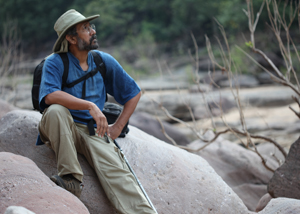 |
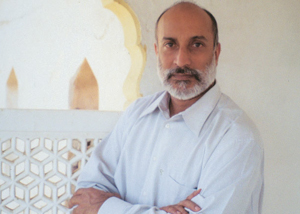 |
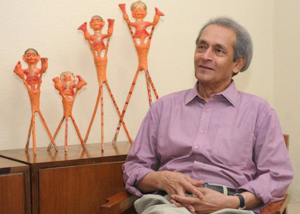 |
||
Managing Delhi’s Greens: Ecology and Governance |
Translocal Governance of Heritage |
Artistic Heritage and Transformative Governance in India |
||
Pradip KrishenChair: Shekhar Singh Sat. 7 November | More details |
Aman NathChair: Ratish Nanda Thu. 19 November | More details |
Jyotindra JainChair: Gulam Mohammed Sheikh Sat. 21 November | More details |
December
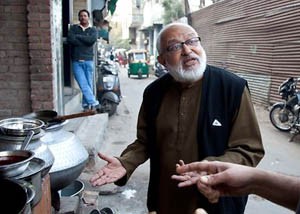 |
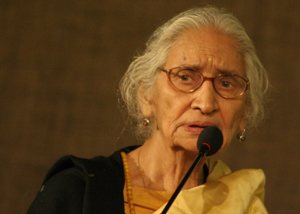 |
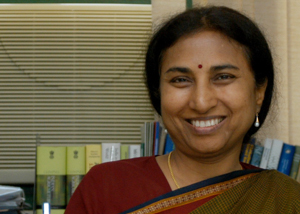 |
||
Food Cultures
|
Art Administration and Transformative Governance |
Presence and Representation: Gender, Government
|
||
Pushpesh PantChair: Sohail Hashmi Wed. 9 December | More details |
Kapila VatsyayanTue. 15 December |
Bina AgarwalChair: Zoya Hasan Tue. 22 December | More details |

